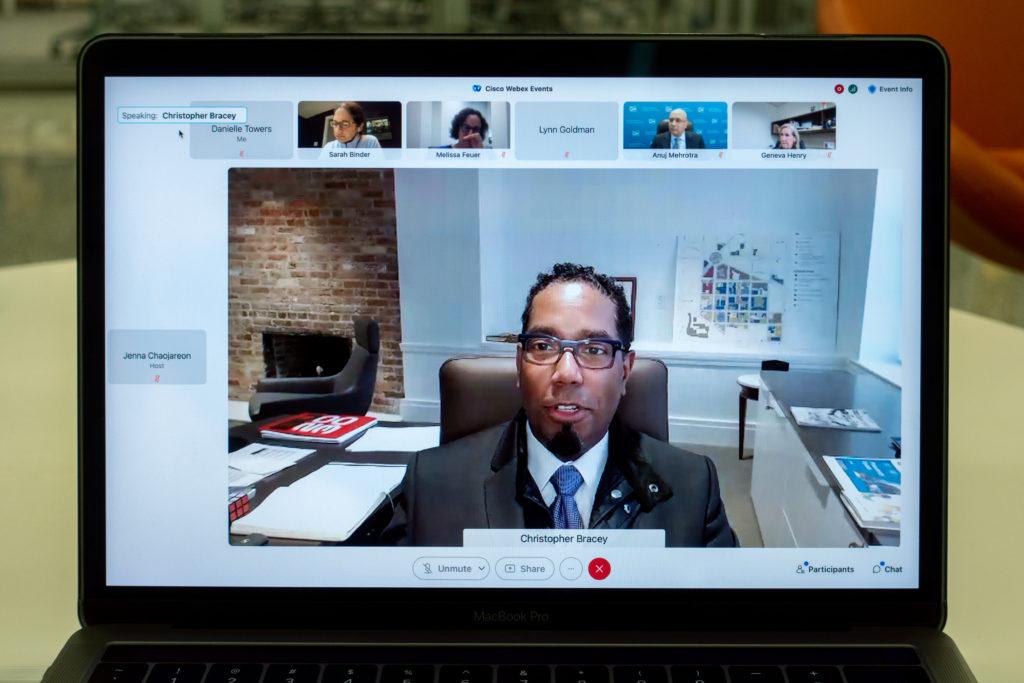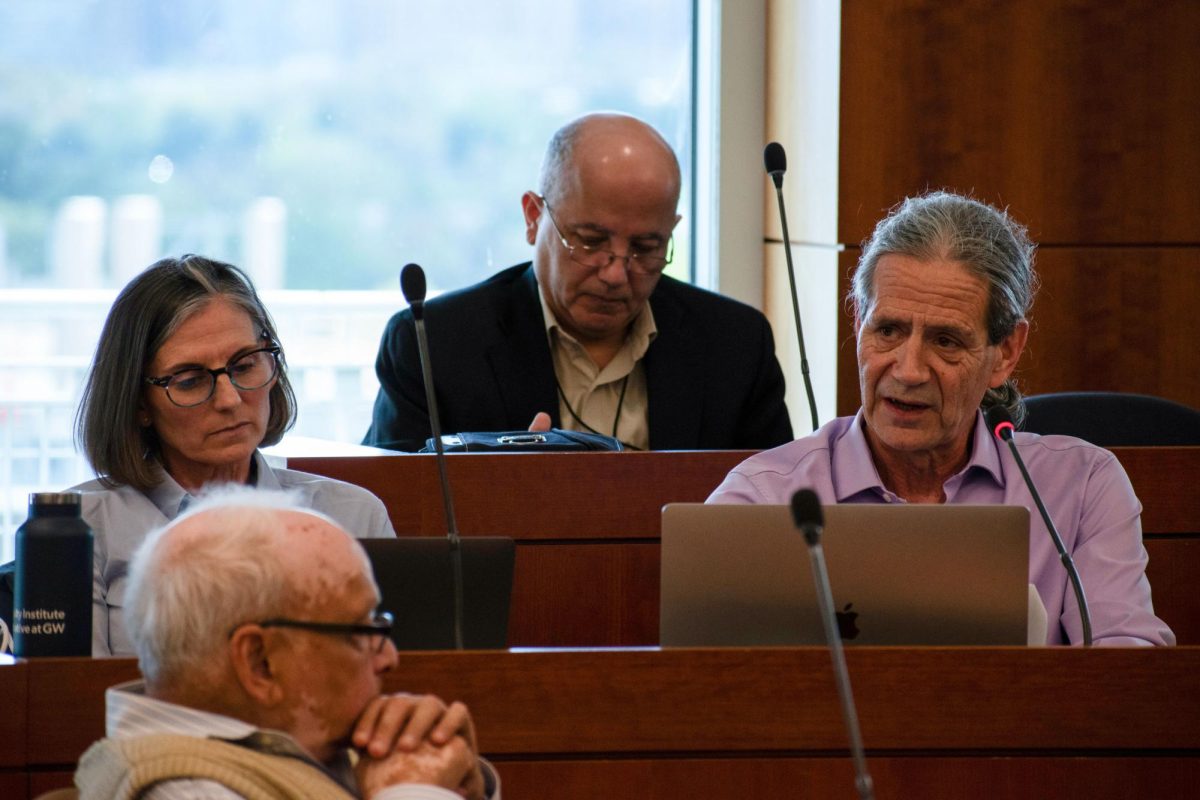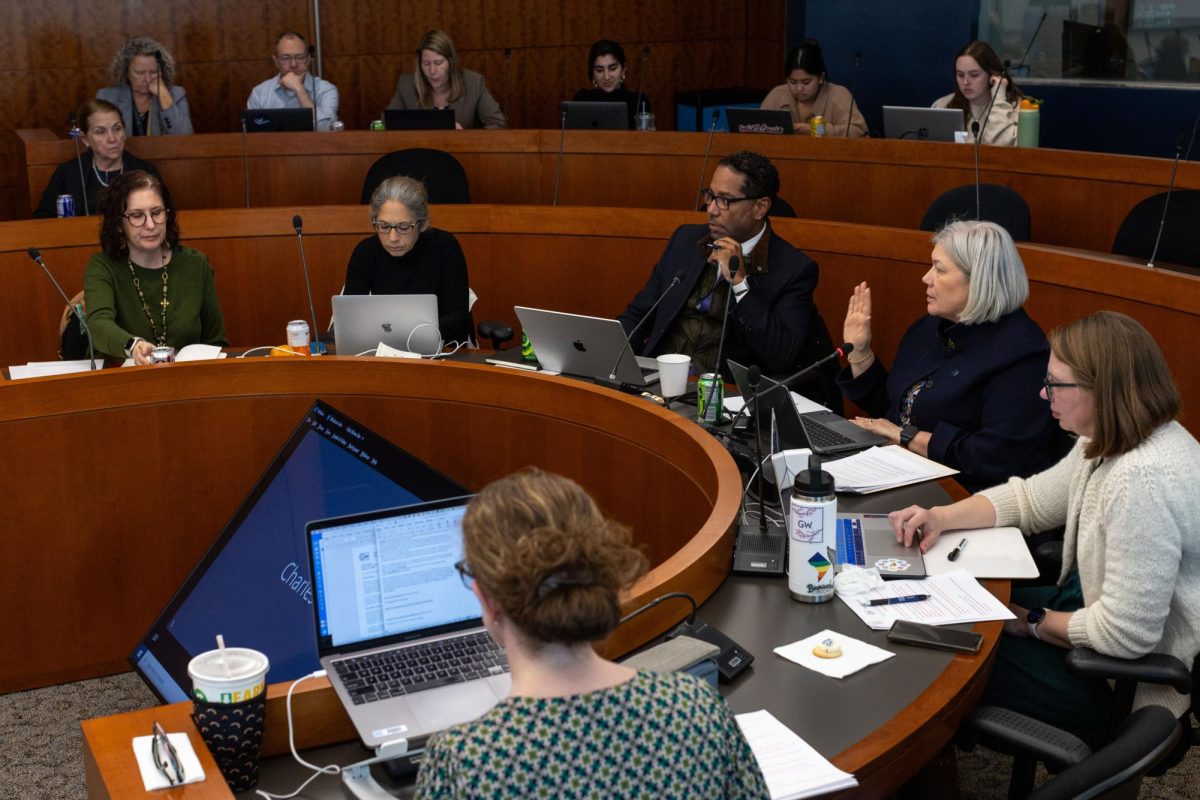Experts in academic policy said officials should continue to extend the period tenure-track faculty have to develop their research for a tenure position, as other institutions that enacted similar measures have received positive feedback.
Officials granted tenure-track faculty the option to request a one-year extension on their tenure clock in March 2020 because of research delays caused by the COVID-19 pandemic, which would set back the process of achieving tenure on time. They said extending the tenure clock will help faculty struggling with these delays, after a University task force report on post-pandemic academic innovations recommended implementing the measure last month.
Interim Provost Christopher Bracey said 113 out of 147 untenured tenure-track faculty members at the University requested an extension for the tenure clock because of the pandemic.
“Any untenured tenure-track faculty member hired before July 2021 is eligible to receive a one-year extension to the probationary period along with a one-year delay on the mid-tenure review if applicable,” he said in an email.
Bracey declined to say how officials will respond to the report’s recommendations to either extend or pause the tenure clock for tenure-track faculty. He also declined to say how the pandemic has affected tenure-track faculty and their research.
The Post-COVID Academic Innovation Task Force, a 19-member group of faculty, staff and students that conducted town halls and research surveys for almost nine months, released its report with various recommendations to upgrade the University’s academic environment.
The report urged administrators to extend the tenure clock beyond the “insufficient” one-year pause and consider their decision’s effect on faculty involved with “caregiving and service in response to racial unrest.” The report recommends reexamining the tenure timelines, removing or extending the expiration of start-up funds for research projects and studying the impact of the pandemic’s influence on faculty who felt disregarded, like women and faculty of color.
The report states that officials should offer faculty support tools, like delays to tenure reviews and increased flexibility in service expectations, course loads and scheduling. The report also states that officials should consider lowering the student course load from five to four courses per semester because GW’s “teaching load” for tenure-track faculty is higher than other top research universities.
“To remain nimble and responsive in the pandemic and post-pandemic era, GW needs to consider a number of issues focused on faculty development and retention, and also address concerns related to tenure time clocks, which even despite an institutional pause could result in the unconscious penalization of women and faculty of Black, Asian and Hispanic descent,” the report states.
All of GW’s 12 peer schools extended the tenure clock by one year for either all faculty or all faculty hired during the pandemic, but none have extended the clock by a second year.
Rebecca Givan, the vice president of the American Association of University Professors-American Federation of Teachers chapter at Rutgers University, said GW officials should “absolutely” consider another extension for tenure-track faculty, especially for minority groups, like female faculty of color, to prioritize tenure equity. She said Rutgers tenure-track faculty received a one-year extension on their tenure clocks during the first year of the pandemic, and they received an additional second-year extension this year.
She said the extensions relieved the Rutgers tenure-track faculty of “massive” amounts of stress and burdens from their workloads that were affected by the pandemic, especially for female faculty of color who had to balance acting as parents with completing research to achieve tenure.
“I think it would show some compassion and realism from the administration,” Givan said. “And I think feeling supported is an important concern for people that might want to spend a long career at the University.”
She added that Rutgers administrators decided to extend the tenure clock pause because they wanted the tenure period to represent a closer approximation of the time the pandemic took away from working on research and service, which was two years instead of one.
She said officials should reduce faculty members’ teaching and service workload so they can focus more on research accomplishments to achieve tenure.
“Making sure that any workload reduction is conceived with a full understanding of what people are doing and what they would need to be relieved of in order to have more research time would be important,” Givan said.
Charles Chang, the chair of the equity and inclusion committee of Boston University’s Faculty Council and an associate professor of linguistics, said GW administrators should extend the tenure clock because of the ongoing effects of the pandemic on research and faculty’s personal responsibilities. He said faculty members should be able to opt into a second year of a tenure clock extension so they can decide whether they personally need the extra year of tenure.
He said extending the tenure clock also benefits the faculty members who are confident about being eligible for tenure because they can add on different commitments within the department while they are in their tenured positions.
“I think there’s a trade-off here between getting people to promotion in a timely fashion, which is ultimately the desired outcome and then also giving faculty enough time to put together the strong dossier that will be needed to be confident about a positive tenure evaluation,” Chang said.







